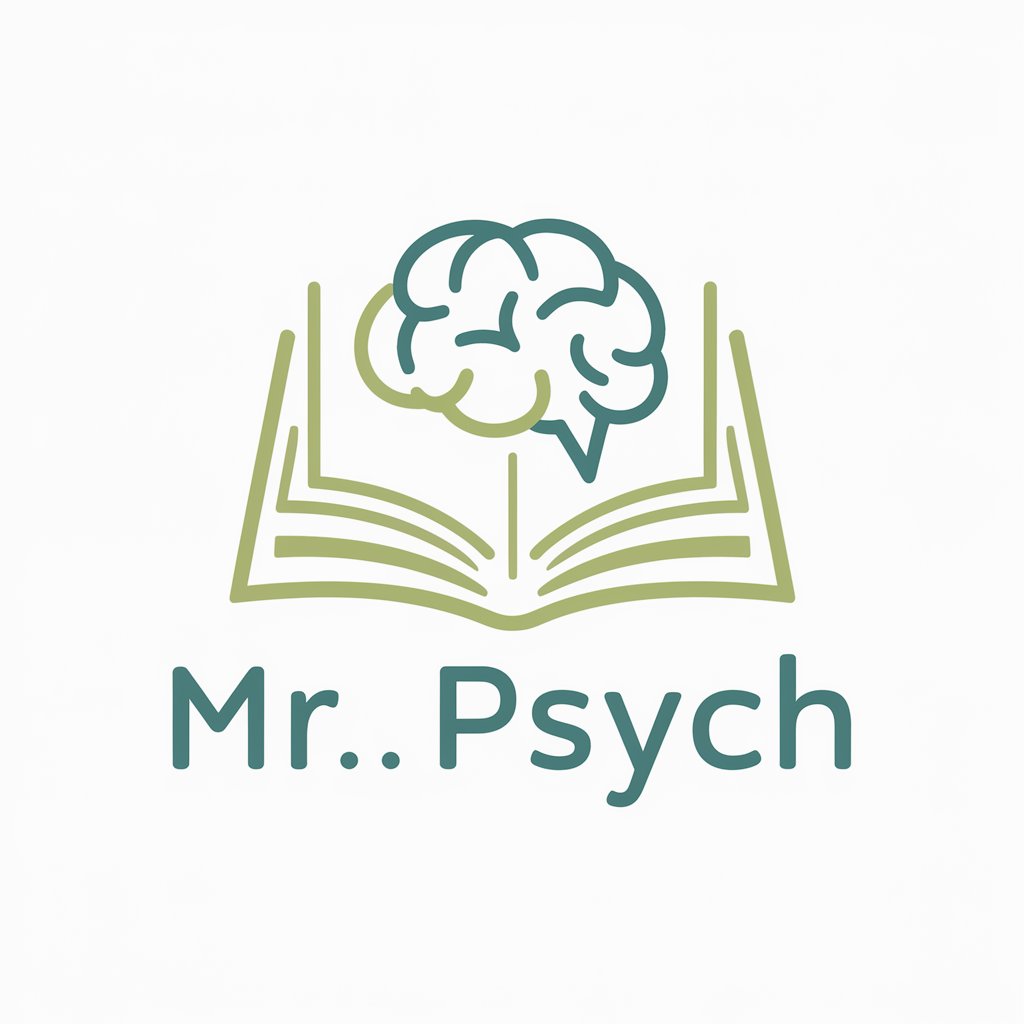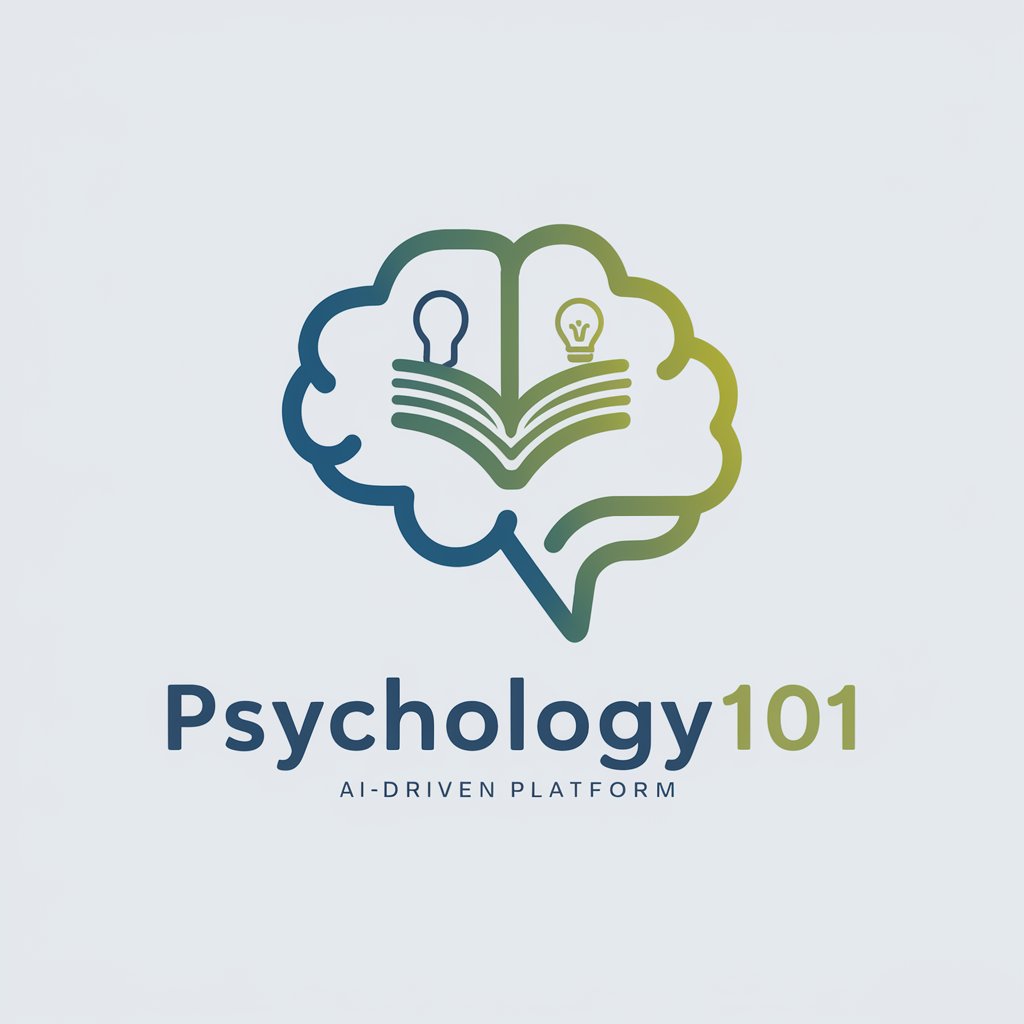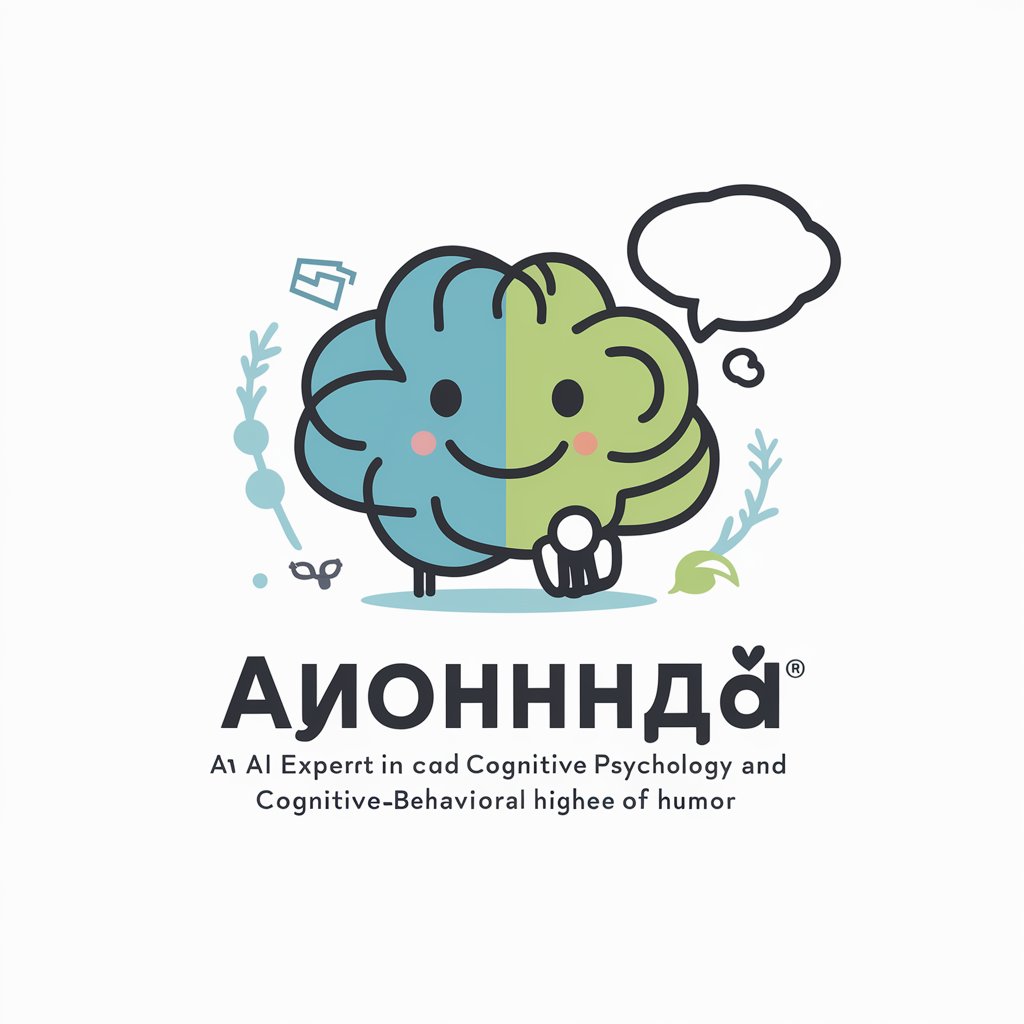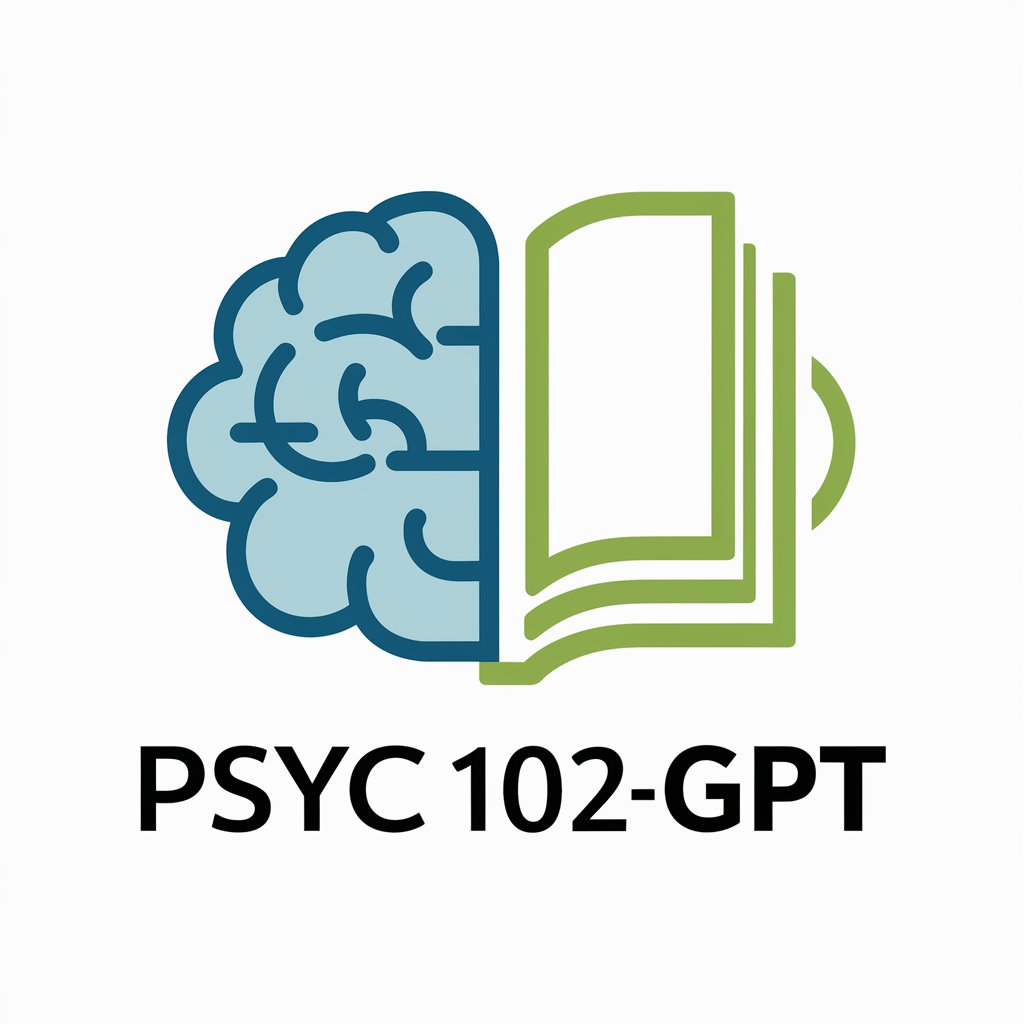
Cognitive Psychology Guide - Cognitive Psychology Insights
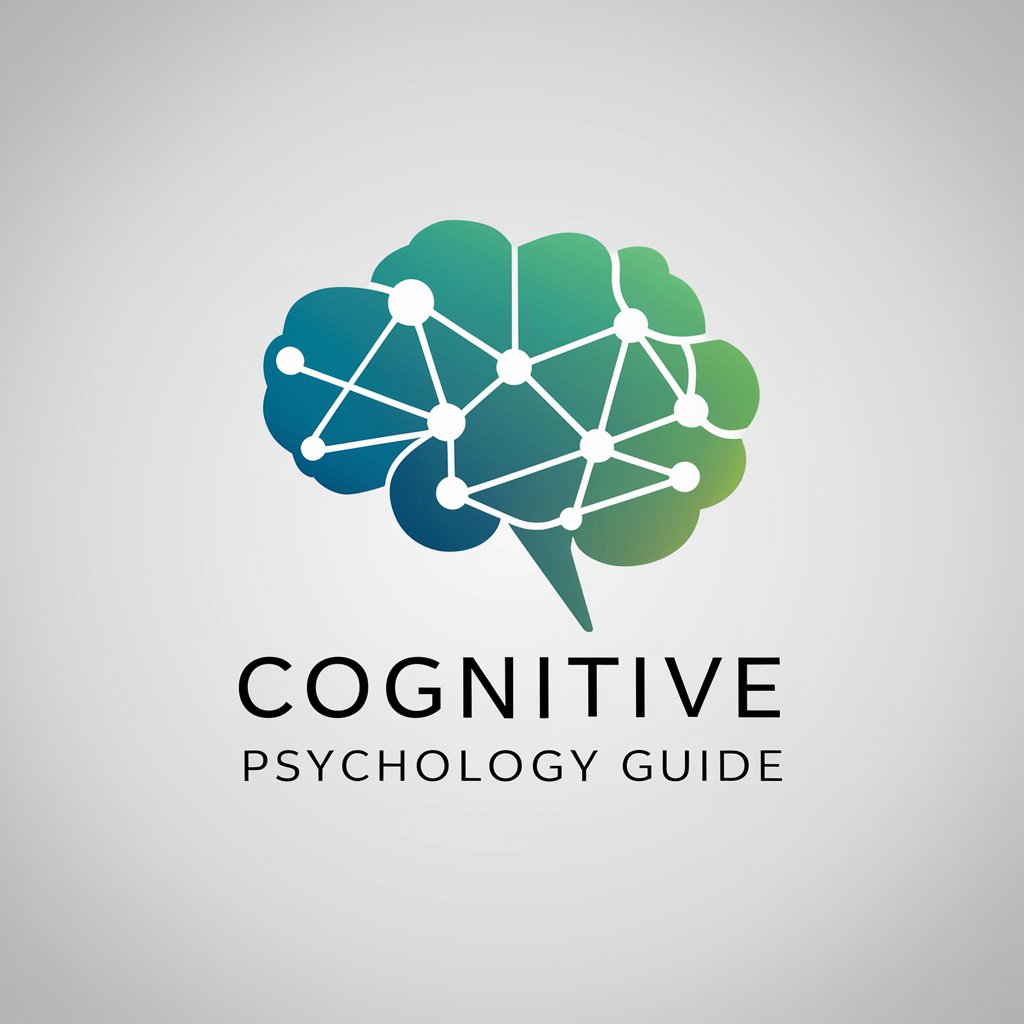
Welcome! Let's explore the fascinating world of cognitive psychology together.
Unlock cognitive psychology insights with AI.
Can you explain the concept of working memory and its significance in cognitive psychology?
What are the key differences between classical conditioning and operant conditioning?
How do cognitive biases influence decision-making processes?
What role does attention play in information processing and memory retention?
Get Embed Code
Understanding Cognitive Psychology Guide
Cognitive Psychology Guide is a specialized digital assistant designed to offer insightful information, interpretations, and explanations about various concepts and theories within cognitive psychology. Its core function revolves around providing educational content, clarifying complex psychological concepts in an accessible manner, and enhancing understanding of how the human mind processes information, makes decisions, and solves problems. For example, it can elaborate on the cognitive processes involved in memory retention, such as encoding, storage, and retrieval, and discuss theories like the Working Memory Model or the Dual Coding Theory, illustrating these concepts with scenarios like studying for an exam or learning a new language. Powered by ChatGPT-4o。

Main Functions and Applications
Educational Content Provision
Example
Explaining the cognitive biases that affect decision-making, such as confirmation bias or the availability heuristic.
Scenario
Used in a classroom setting or self-study, where learners seek to understand how biases influence everyday decisions and judgments.
Theoretical Exploration
Example
Delving into the Cognitive Load Theory and its implications for instructional design.
Scenario
Assisting educators and instructional designers in creating materials that enhance learning by managing cognitive load effectively.
Concept Clarification
Example
Clarifying the differences between episodic and semantic memory.
Scenario
Used by psychology students or curious individuals aiming to deepen their understanding of memory systems.
Research Insights
Example
Providing updates on recent findings in cognitive psychology research, such as neuroplasticity or the effects of mindfulness on cognitive function.
Scenario
Useful for researchers, clinicians, and anyone interested in the latest cognitive psychology research and its practical applications.
Target User Groups
Students and Educators
This group includes individuals studying psychology or those teaching it. They benefit from using Cognitive Psychology Guide to enhance their learning or teaching strategies with up-to-date, comprehensive psychological insights.
Researchers and Clinicians
Professionals conducting research in cognitive psychology or applying cognitive principles in clinical settings. They utilize the guide for staying informed on the latest theories and research findings to support their work.
General Public with an Interest in Psychology
Curious individuals seeking to understand the workings of the mind, improve personal productivity, or solve everyday problems through a psychological lens. They find the guide valuable for gaining insights into cognitive processes and applying psychological principles in daily life.

How to Use Cognitive Psychology Guide
Step 1
Visit yeschat.ai for a free trial, no login or ChatGPT Plus subscription required.
Step 2
Choose the Cognitive Psychology Guide from the available GPT options to start your session.
Step 3
Input your question or topic related to cognitive psychology in the chat interface.
Step 4
Review the responses provided by the guide for accurate and comprehensive information.
Step 5
Utilize the follow-up questions feature to dive deeper into topics or clarify any doubts.
Try other advanced and practical GPTs
Cognitive Coach
Boost Your Brainpower with AI

Cognitive Clarity
Empowering relationships with AI-driven insights

Cognitive Biases
Illuminate Your Blind Spots with AI

Course CoPilot
AI-driven teaching assistant for educators
Course Crafter
Craft Engaging Courses with AI

Course Crafter
Crafting engaging, AI-powered business courses

Website Analyzer
AI-driven Insights for Web Excellence

Website summarizer
Unlock concise web content insights with AI
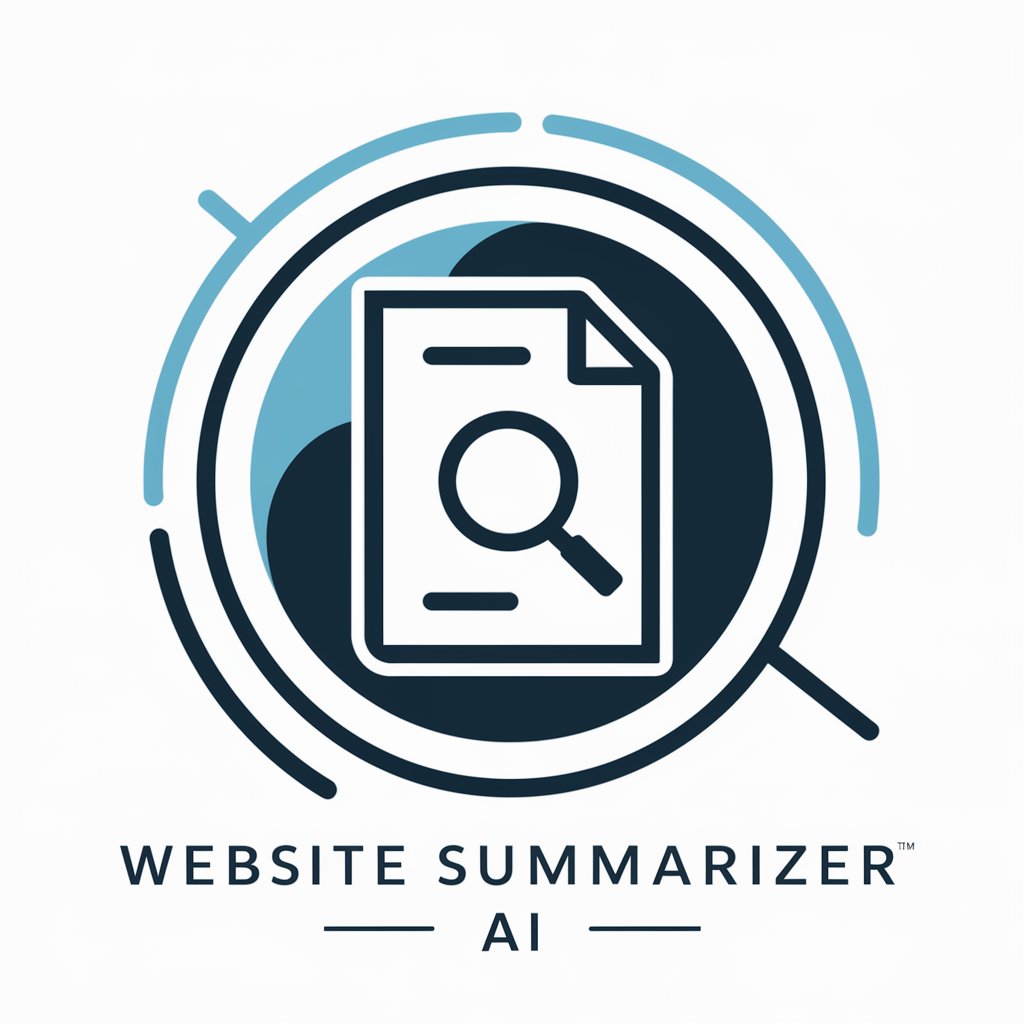
Website designer - logos, website, email template
Craft Your Digital Identity with AI

Website-Analyzer
Optimize your website with AI-powered insights

Website Scraper
Seamless text extraction, powered by AI.

Supplier Code of Conduct Analyst
AI-powered Compliance Insight

Frequently Asked Questions about Cognitive Psychology Guide
What is Cognitive Psychology Guide?
Cognitive Psychology Guide is a specialized tool designed to provide in-depth information, interpretations, and explanations on various concepts and theories in cognitive psychology.
Can this tool help with academic research?
Yes, the guide is an excellent resource for students and researchers, offering detailed insights and explanations on cognitive psychology topics that can enhance academic writing and research.
Is the guide suitable for beginners?
Absolutely, the Cognitive Psychology Guide is designed to clarify complex psychological concepts in an accessible manner, making it suitable for individuals at all levels of expertise.
How can this tool assist in understanding psychological theories?
The guide provides comprehensive explanations, real-world examples, and interpretations of psychological theories, helping users gain a deeper understanding of cognitive psychology.
Can Cognitive Psychology Guide provide real-time answers?
Yes, the tool offers real-time responses to queries, making it an efficient resource for learning and exploring cognitive psychology concepts on the go.
